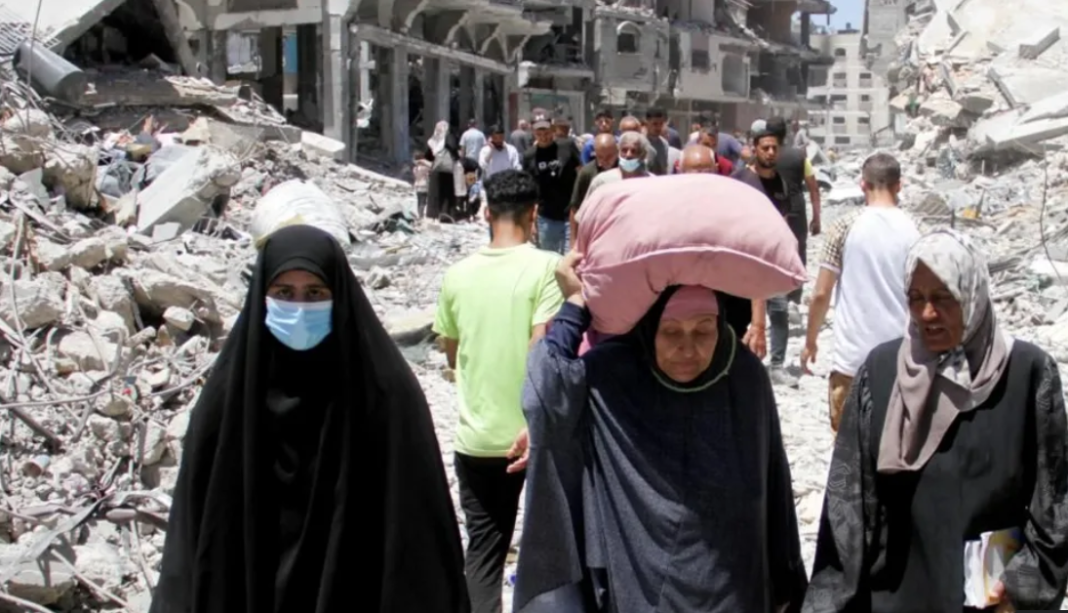(BBC News) For the leaders of Hamas and Israel, ending the war in Gaza has become a deadly game of survival.
The terms on which the war finally ends could largely determine their political future and their grip on power. For Hamas leader Yahya Sinwar, even his physical survival.
It is partly why previous negotiations have failed. It is also why the question of how to permanently end the fighting has been put off to the last stages of the plan outlined by US President Joe Biden on Friday.
That transition between talks on a limited hostage-for-prisoner deal to discussions about a permanent ceasefire would, Biden acknowledged, be “difficult”.
But it is also where the success or failure of this latest deal is likely to hinge.
Israel Prime Minister Benjamin Netanyahu has strong domestic reasons for wanting to take this deal step by step.
Phase one, as outlined by Biden, would see the release of dozens of hostages, both living and dead. That would be widely welcomed in a country where the failure to free all those held by Hamas is, for many, a glaring moral stain on his management of the war.
But Hamas is unlikely to give up its most politically sensitive hostages – women, wounded, elderly – without some kind of guarantee that Israel won’t simply restart the war once they are home.
Leaks, quoted by Israeli media on Monday morning, suggested that Netanyahu has told parliamentary colleagues that Israel would be able to keep its options open.
That option, to resume fighting – until Hamas is “eliminated” – is, some believe, the least Netanyahu’s far-right coalition partners will demand.
Without their support, he faces the prospect of early elections and the continuation of a corruption trial.
Netanyahu needs to keep his long-term options open, to stand a chance of winning their support for any initial hostage deal. Hamas leaders, on the other hand, are likely to want permanent ceasefire guarantees upfront.
Previous deals have collapsed into this chasm. Bridging it now will depend on how much room for manoeuvre Netanyahu has with his hard-right government allies to find alternatives to the “elimination” of Hamas – and how far Hamas leaders are prepared to consider them.
https://www.bbc.com/news/articles/c6ppn8nyv1do


